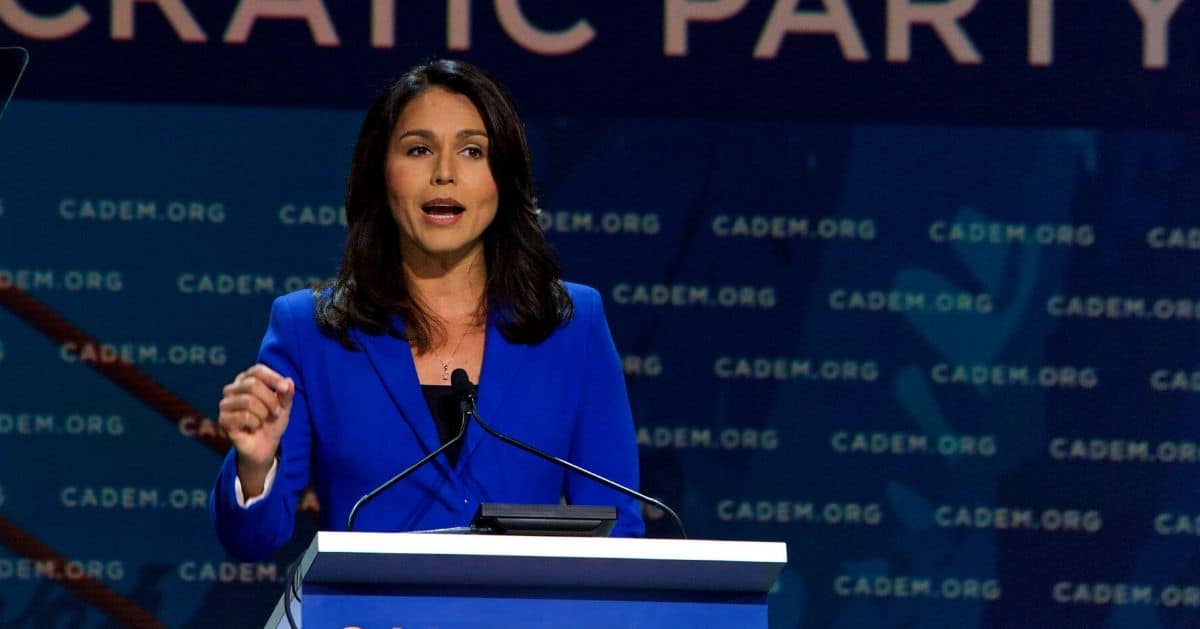






Tragedy has struck the heart of Oakland’s sports community with the heartbreaking loss of a true gridiron legend, John Beam, gunned down in a senseless act of violence.
News Nation Now reported that the devastating news unfolded as a suspect, identified as Cedric Irving Jr., was apprehended early Friday morning, around 3 a.m. at a bus stop, linked to the fatal shooting of the celebrated college football coach, as confirmed by the Oakland Police Department.
Coach Beam, a towering figure in junior college athletics, wasn’t just a mentor on the field but a lifeline for young men seeking redemption, as showcased in the Netflix series “Last Chance U.”
His work with the Laney College Eagles, featured in the 2020 season of the docuseries, brought national attention to his transformative approach. Yet, in a city plagued by crime, even a man of such impact couldn’t escape the chaos.
Beam’s journey in coaching spanned an impressive 45 years, starting at Skyline High School before joining Laney College in 2004 as a running backs coach. He rose to head coach in 2012, a role he held until stepping down in 2024. During his tenure, he also served as the college’s athletic director since 2006.
Under his guidance, Laney College secured two league titles, a testament to Beam’s strategic mind and unyielding spirit. More importantly, he molded over 100 players who advanced to NCAA Division 1 football and saw 20 of his athletes reach the NFL. Names like Super Bowl 50 champion C.J. Anderson and two-time Super Bowl winner Marvel Smith stand as shining examples of his influence.
But stats don’t tell the whole story—Beam was a father figure to many, a beacon in a world often obsessed with tearing down traditional values. His loss at age 66 isn’t just a blow to football; it’s a gut punch to the idea that hard work and mentorship can still change lives in today’s fractured society.
The Oakland community and beyond are reeling from this tragedy, with tributes pouring in from those who knew Beam’s impact firsthand. NFL players and brothers Nahshon and Rejzohn Wright, who played under Beam and now star for the Chicago Bears and New Orleans Saints, respectively, shared their grief on social media. Rejzohn posted a poignant photo of Beam, while Nahshon shared an image with a broken heart emoji, capturing the raw pain of this loss.
“You mean the world to me,” Rejzohn Wright wrote in his social media tribute, a simple yet powerful acknowledgment of Beam’s role in his life.
And let’s be honest—while the progressive crowd might roll their eyes at such old-school bonds between coach and player, isn’t this exactly the kind of connection we need more of in a culture quick to discard loyalty?
Oakland Mayor Barbara Lee also weighed in, stating, “For over 40 years, he has shaped leaders on and off the field, and our community is shaken alongside his family.”
Fine words, but one wonders if city leaders will finally address the rampant violence that claimed Beam’s life, or if this will be just another talking point in a long line of unaddressed crises.
The shooting has left a void at Laney College, where Beam’s presence loomed large both on the field and in the administrative offices. Mark Johnson, a spokesperson for Peralta Community College District, expressed the collective shock in an emailed statement.
“The Peralta community is devastated by his shooting and deeply concerned for his well-being,” Johnson said.
“We are stunned and heartbroken that such violence has touched our campus,” he continued. While the sentiment is understandable, it’s hard not to question why it takes a tragedy of this magnitude to spotlight the safety issues plaguing urban campuses—issues often downplayed by those pushing a softer stance on crime.
Beam’s death isn’t just a personal loss; it’s a stark reminder of the broader challenges facing communities like Oakland, where violence too often overshadows stories of triumph. His career was about giving second chances, about building men of character in a world that sometimes seems to celebrate the opposite.



